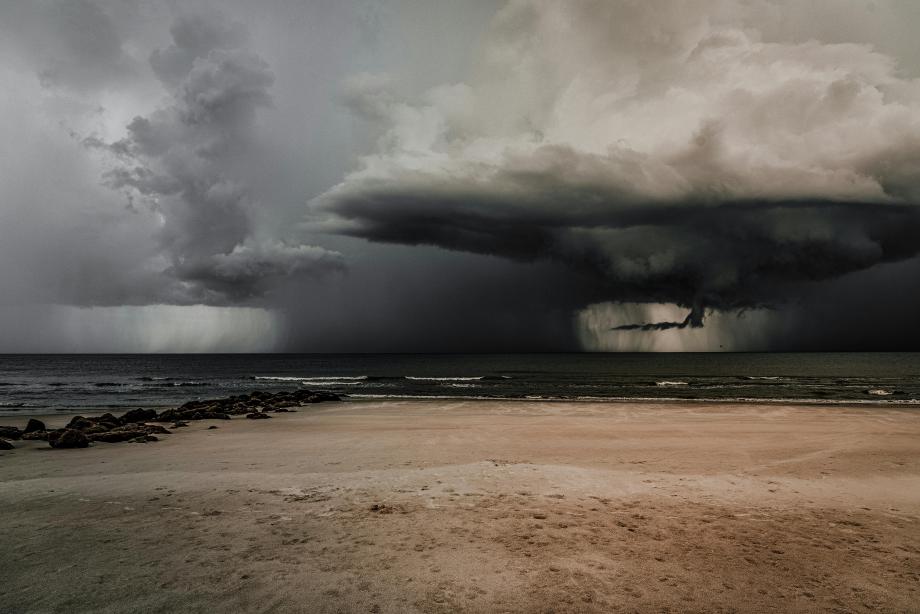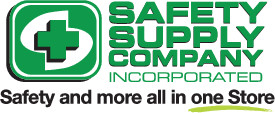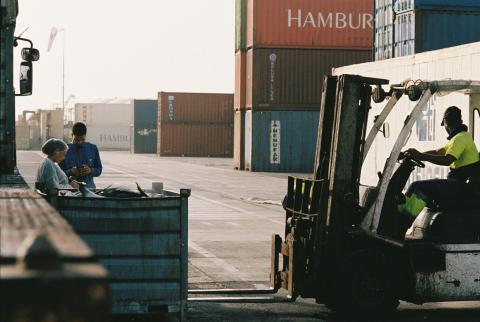Prepare. Protect. Prevail. This Hurricane Season

As the frequency and intensity of hurricanes increase due to climate change, being prepared for these natural disasters is more important than ever. A comprehensive hurricane preparedness plan can protect your home, safeguard your loved ones, and ensure your survival during and after the storm. Here’s a guide to help you prepare effectively.
Understanding the Risk
Hurricanes are powerful storms that can cause devastating damage through high winds, heavy rainfall, and storm surges. They can lead to flooding, power outages, and destruction of property. Understanding your risk is the first step in preparing. If you live in a coastal area or a place prone to hurricanes, it’s crucial to stay informed about potential threats during hurricane season, which runs from June 1 to November 30 in the Atlantic.
Create an Emergency Plan
Having a clear emergency plan is essential. Start by discussing the plan with your family:
- Evacuation Routes: Identify safe evacuation routes and have a plan for where to go if you need to leave your home. Ensure everyone in your household knows the route.
- Communication Plan: Establish a way to communicate if you are separated. Choose a family member or friend out of town who can act as a central contact point.
- Safe Room: If evacuation is not possible, identify the safest room in your house, usually an interior room with no windows, where you can take shelter.
Build an Emergency Kit
An emergency kit should contain everything you need to survive for at least 72 hours. Essential items include:
- Water: At least one gallon per person per day.
- Non-perishable Food: Enough to last several days.
- Flashlights and Batteries: Power outages are common during hurricanes.
- First Aid Kit: Include any prescription medications.
- Important Documents: Keep copies of important documents in a waterproof container.
- Cash: ATMs may not be working.
- Emergency Radio: A battery-powered or hand-crank radio to stay informed about the storm.
Prepare Your Home
Taking steps to protect your home can minimize damage:
- Secure Windows and Doors: Install storm shutters or board up windows with plywood. Reinforce doors and garage doors.
- Trim Trees and Shrubs: Remove dead or weak branches that could fall on your home.
- Clear Gutters and Drains: Ensure that water can flow away from your home to prevent flooding.
- Secure Outdoor Items: Bring in outdoor furniture, decorations, and anything else that could become a projectile in high winds.
Stay Informed
During hurricane season, stay informed by monitoring weather updates from reliable sources like the Civil Aviation and Barbados Meteorological Services and local news. Sign up for emergency alerts to receive timely information.
During the Hurricane
If a hurricane is imminent, follow these steps:
- Follow Instructions: If authorities advise evacuation, do so immediately.
- Stay Indoors: If you cannot evacuate, stay indoors, away from windows and doors.
- Keep Emergency Kit Handy: Ensure your emergency kit is within reach.
After the Hurricane
Once the hurricane has passed, the danger is not over. Be cautious:
- Avoid Floodwaters: They may be contaminated or electrically charged.
- Inspect Your Home: Check for structural damage before re-entering.
- Use Generators Safely: Never use a generator indoors as it produces deadly carbon monoxide gas.
Conclusion
Preparation is your best defense against the unpredictable nature of hurricanes. By understanding your risks, making a plan, and preparing your home and emergency kit, you can protect yourself and your loved ones. Remember, it's better to prepare and not need it than to need it and not be prepared. Stay safe this hurricane season.
Blog Articles
Check out more articles
PPE: The Unspoken Love Language
Wearing PPE: Protecting Your Present and Securing Your Future
View MoreTips to Improve Safety While Working With Heavy-Duty Mobile Equipment
Improving the safety of ground personnel working around mobile equipment, such as forklifts, excavators, etc., requires a combination of engineering controls, administrative measures, and behaviora
View MoreWhy You Should Service Your Safety Equipment
Safety equipment serves as the frontline defense against workplace hazards, ensuring the well-being of employees and minimizing risks.
View More



